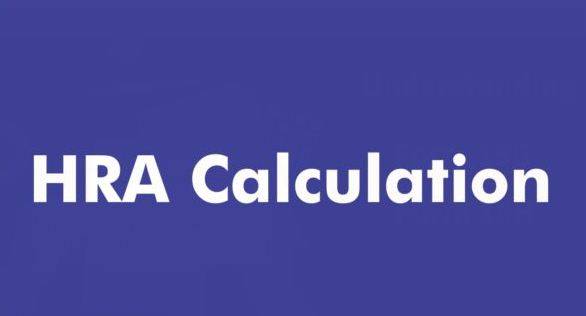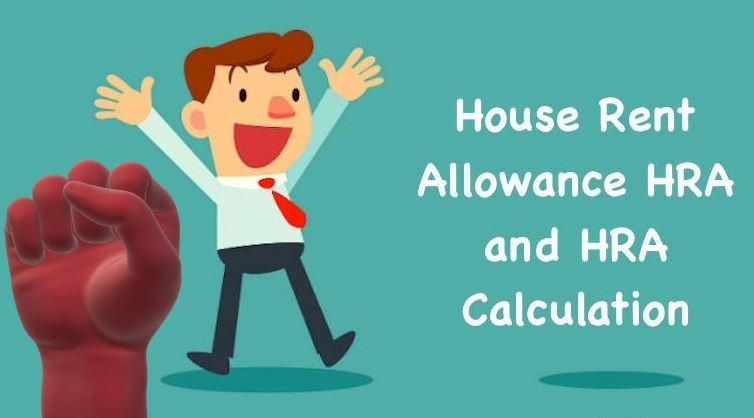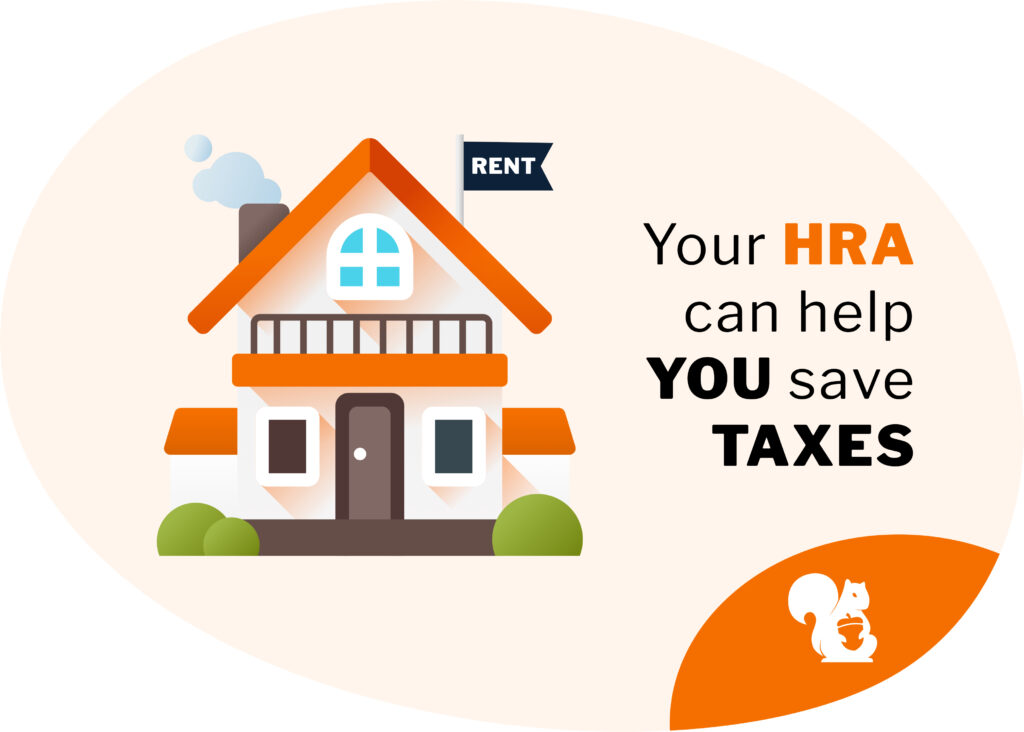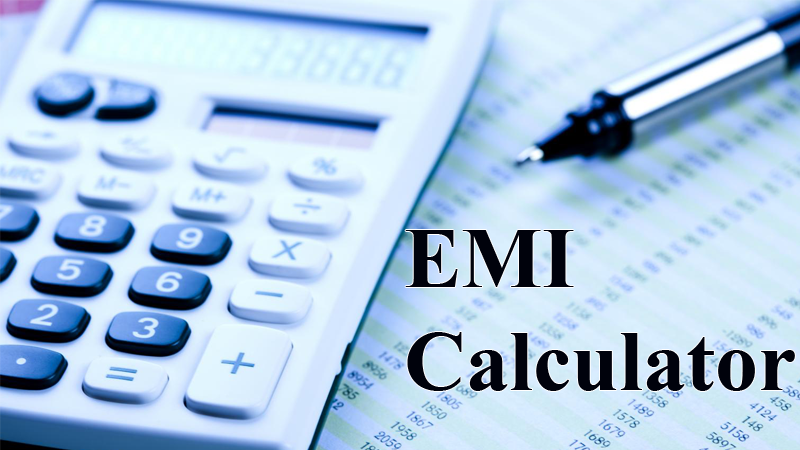House Rent Allowance, known as HRA, is the amount paid by employers to employees as a part of their overall salaries. The purpose is to help provide employees with tax benefits. It includes the payment for accommodations every year. Below is the Guide for HRA Calculation with example.
The Method for the Calculation of the HRA:
There are a total of 3 provisions based on which you can calculate the actual HRA. The one that is lowest amongst these 3 HRA calculations will help in the deduction.
– The amount of HRA from the employer
– (Actual amount for rent)- (10% of basic salary)
– 50% HRA when the employees are staying in a metro city. On the other hand, for people in non-metro cities, it is40% HRA.
It’s worth explaining the method by an example. Here have a look.
– Let X’s salary is Rs 50,000 per month (that is the basic pay).
– the employer is providing Rs 20,000 as HRA
– 10% of annual basic salary sums up to Rs 60,000.
X stays in Mumbai (Metro City) in small accommodation. He has got to pay Rs 15,000 rent per month.
Now here’s how we have to calculate HRA under 3 provisions – HRA Calculation:
– Amount received as HRA= Rs.20,000 × 12 = Rs 2,40,000
– (Rent paid) – (10% of basic) = Rs (15,000×12) – 60000 = Rs.1,20,000
– 50% of basic salary this sums up to Rs.3,00,000
So the HRA amount that requires an exemption from income tax will become the lowest point for the second category i.e. Rs.1,20,000.
Read More – Plan your Business Loan with EMI Calculator Formula
Who is eligible to Claim Tax Deduction on HRA?
You can now claim a part of HRA as a tax deduction according to Section 10(13A) of the Income Tax Act. For that, you’ve to be a salaried individual, receive HRA as a salary component, live in a rented house, and should hold the valid proofs of actually paying house rent. For that, you’ve to provide the rent receipts issued in your name.
Documents you’ve to provide for accessing the facility
HRA exemptions are availed only on the submission of rent receipts. The other condition is that there must be proof of the rent agreement with the house owner. The employee must report the Pan Card of the ‘landlord’ to the employer when the rent paid reaches a mark of more than Rs 1,00,000 annually.
Special cases
- You can also get the ease of claiming HRA tax benefits in special circumstances like paying rent to family members. But in that case, you’ve to ensure that the premises aren’t owned by the person who is claiming the tax exemption.
In case, you’re staying with your parents and paying rent to them, you can claim tax deductions as HRA. But at the same time, you must remember that you cannot pay rent to your spouse.
So, at every stage, these transactions invite the vigilance from the Income-tax Department.
Also, if you are renting the house from your parents, you must carry with yourself all the valid documentary evidence as proof of financial transactions regarding tenancy between you and your parent.
You just always keep a record of banking transactions and rent receipts. Otherwise, it might happen that your claim can get rejected by the tax department.
Read More – Return on Equity: Know About its Formula and More
- Owning a house, but you’re staying in a different city
At such times, the person can avail of the simultaneous benefit of the deduction for the home loan. It is available against ‘interest paid’ and ‘principal repayment’. So, the HRA in case of placing your own home on rent will work when you’re working in another city.
- Individuals who aren’t eligible for HRA but pay rent
There may be employees who might not have the HRA component mentioned under one of the categories in the salary structure. Also, a non-salaried individual has to pay rent. For them, it’s recommended to go through Section 80 (GG) of the Income-tax Act.
People who are paying rent for furnished/unfurnished accommodation can claim the deduction for the rent paid as mentioned under Section 80 (GG) of the I-T Act. But this point will only apply in case he or she is not paid HRA as a part of the salary. The availability of this procedure is made by furnishing Form 10B.
The least of the following mentioned criteria are taken into consideration for exemption from tax under Section 80GG:
(i) Rent paid in excess of 10% of the total income of the individual
(ii) 25% of the total income*
(iii) Rs 5,000 every month
*in this case, the total income is calculated as (gross total income) – (long-term capital gains), and the short-term capital where STT has been paid. It also includes the deductions available under Sections 80C to 80U, except Section 80GG.
Conclusion:
So, this is the HRA Calculation. HRA always aims at providing useful information about the cost and value of human resources. So, it definitely holds significance in highlighting the strengths and weaknesses of human resources. It will assist the managers in planning and making the right decisions regarding human resources. With it, you will get the convenience of Manpower Planning and Decision Making. Moreover, It also sets feedback in the form of useful information for making suitable personnel policies like promotion, favorable working environment, job satisfaction, etc.




